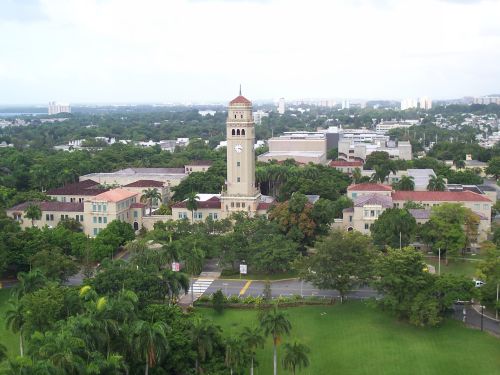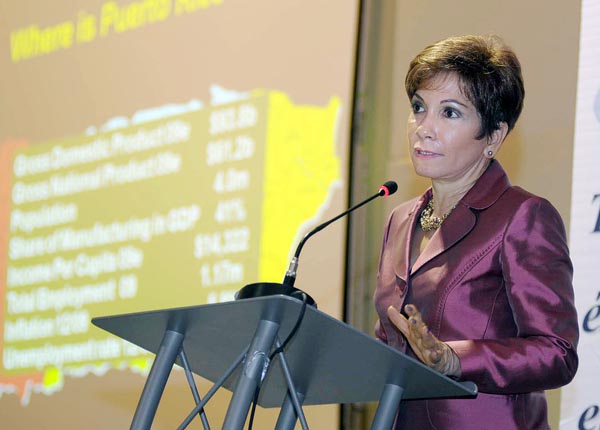Op-Ed: Proposed retirement measures a burden on the young

The proposed amendments to the main public sector retirement system are as decisive as the crisis requires. However, the distribution of the burden is inappropriate because they represent little sacrifice on the part of the pensioners and a lot of sacrifice on the part of Puerto Rico’s younger population.
There are four groups among whom the burden is shared: (1) pre-2000 present employees (2) taxpayers (3) pensioners (4) post-2000 present employees.
Most of the burden for the adjustment falls on the pre-2000 present employees. This group not only will see its retirement date postponed, but also upon retirement will receive a pension between 20 percent and 40 percent lower. Merit pensions offering 65 percent of the best 36 months of salary after 30 years of work will be a thing of the past. This is necessary because the reason for the bankruptcy of the system is that individuals receive benefits that exceed by far what they contributed.
Taxpayers would be required to contribute an additional $100 million every year. In addition, every year the so called “employer contribution” goes up until it reaches 21 percent of public sector salaries. The employer contribution is tax money. These taxes used for the pension system mean fewer resources for education, health and economic development.
Pensioners are lightly touched. Someone with a pension of $2,000 would have to absorb a cut in benefits of less than 7 percent. They continue enjoying the pension for which the individual contributed very little. When these unsustainable benefits were offered, there was no opposition.
The pensioners were the accomplices of politicians in the bankruptcy of the system. They accepted the benefits in the expectation that the younger generation would pay the bill. Also, they were lucky to live in times of rising salaries and property prices, ending up with residences on which they now put reverse mortgages.
Finally, there are the post-2000 present employees, to which retirement fund neither the government nor the taxpayers are contributing. Many in this group will end up with pensions of $500 and very few will have pensions of more than $1,000. In the case of policemen it means indigence because they are not part of the Social Security system.
The union leadership cares very little about this group because at the personal level they belong to the pre-2000 group. The post-2000 employees group lived through the income adjustments of Law 7 and their residences are worth less than what they paid for them.
In the same way that the minimum level for pensions is going to increase from $400 to $500 as part of the new retirement proposals, it is necessary to deal with the indigence-level pensions of our young public servants.
The resources should come from the retirees. The pensioners should show solidarity with the other segments of society who work and pay taxes.










Every time I read opinions written by Vicente Feliciano, Gustavo Vélez, et.al. I remember the definition of an economist presented by Mark Skousen on his book Economics on Trial: Lies, Myths, and Realities. He defined an economist as that person who’s always explaining why his projections were wrong. And that’s what he is doing in this piece of opinion.